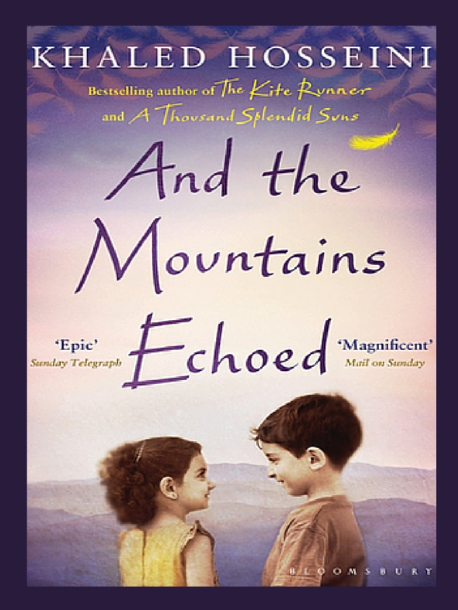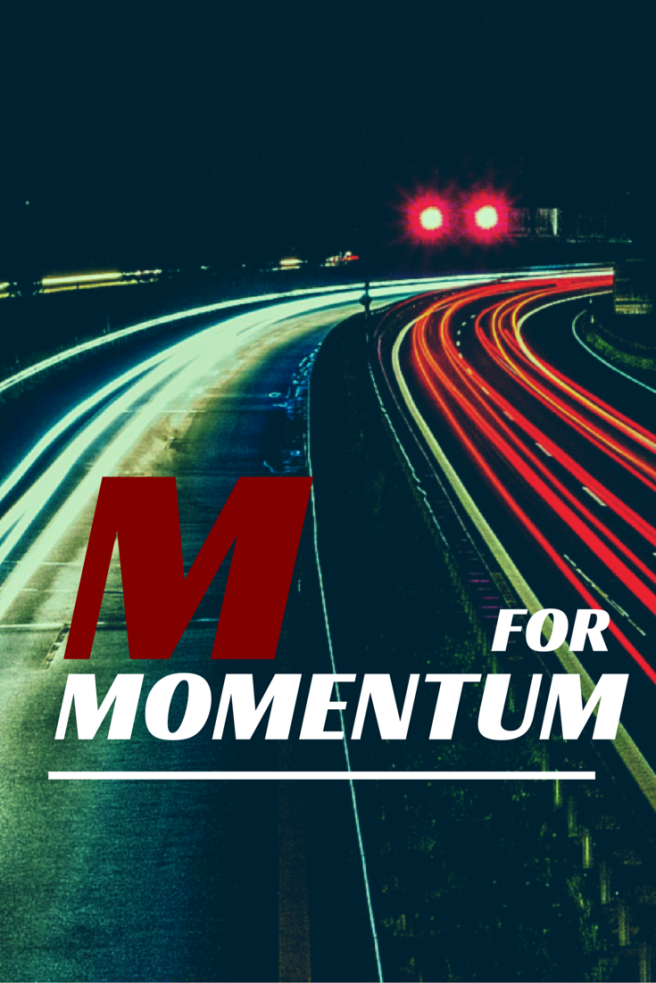
The wind brushes my hair into a side part and I curl my fingers around my thumb. My hands dig deep in my pockets, pulling the fabric down, as far as they will go. My neck is warm, my feet are warm, the rest of me shivers. Every winter is the same; I ask myself, why am I still here.
A seven-minute walk separates the station from Chizanes. The harried strides of rush hour has given way to languid walks. I linger by the oldest statue in the city, the first mayor on a horse. Inscribed on the marble plaque is my answer: the promise of spring. The wind, kinder now, carries distant laughter past me. It is the sound of a man and woman in love. Even the stars twinkle in appreciation.
Inside Chizanes, after my eyes adjust to the dimmed lighting, he is easy to spot. He waves and rises to greet me, leaning forward. I hesitate then stretch my right hand to dissipate his confusion. He takes it.
“Thank you for meeting me. How are you?”
“Fine,” my falsetto is on, “how are you?”
“Good. Good to see you! You look good!”
“You too.”
We order drinks. I ask about his family. He asks about mine. We waste time on the menu, searching for our rhythm—this, no that; are you sure? I heard it’s good. What of the chef’s specialty? No, you decide.
He signals for the waiter.
He asks about my job. I tell him I left. He doesn’t pursue an explanation. We talk about the weather. I cannot believe that the passion we shared has fizzled to this: the temperature is expected to go below zero on Wednesday.
He clears his throat and begins. “The reason I left—”
“Fish?” The waiter looks at me, then at him. He places three more dishes on the table, naming them with flair. “Is everything okay?” He asks with a half nod.
We both nod.
“Enjoy your meal.”
We dish food on our plates. Raise bowls and pass them, careful not to touch. We eat like famished travellers.
“As I was saying I left because . . .”
He covers his eyes with his hands. I stop chewing.
“What can I say? I’m just a coward . . .”
“What?”
“I said, ‘I’m a coward.’ I . . . I—”
“Three years of my life and you tell me you’re a coward?”
“Sssh, sssh, lower your voice,” he whispers, reaching for my hand.
I snatch my hand and look around. More interested stares. Chizanes packs about thirty people in a circular arrangement. The walls are windows, which stretch and nearly kiss the high ceiling, an illusion of space. Our table is sandwiched in the centre.
“He left me three years ago,” my chair scrapes the ground protesting the sudden movement, “and now he says he’s a coward?” Standing, my voice booms and blankets all conversation. “Can you believe that?”
Quiet like the embarrassed silence after the president farts noisily.
I catch the man in a navy shirt before he averts his gaze like the others. “Sir, can you believe that? He’s a coward?” His girl whispers something to him and he examines his plate as if there’s gold in the soup.
“Ma’am, we’re gonna have to ask you to calm down and sit down.”
The man addressing me sounds important, like the manager.
“No, I won’t sit down with this coward!” I stand on my chair goaded by impulse.
“Ma’am . . .”
“Three years.” I try harder, “Three years people!”
“Ma’am we’re gonna have to ask you to leave.”
I get down slowly. Now they are watching. Cowards, all of them. Maybe someone is recording for YouTube.
“May I escort you? Sir . . .?”
“It’s okay, I’ll handle things from here,” my coward’s smile convinces the manager. He leaves us to organize our shame and repackage our dignity.
“Are you just going to let them walk me out?”
“Sssh, sssh. Let’s just go before they call security.”
Outside, he holds my bag while I don my gloves.
“Now that the world knows how you feel,” he gestures at the people watching from inside, “Have a nice life!”
He hands my bag over and walks away.
I run after him. “Don’t leave me!”
Out of view from Chizanes, he stops. “That used to be my line.” He lifts my chin and lets my tears wet his gloves. “Award-winning actress,” he whispers. “You were supposed to storm out. Wh . . . what if—”
“Coward. You need to get a job, we can’t keep doing this.”
“In the spring when the quarries reopen, things will be better. This is great practice until we can afford acting classes. Wasn’t the food good though?”
Three years of doubts dissolve in laughter. The wind is harsher now, unforgiving, breaking tiny branches off stoic trees, sending twigs sailing across the sidewalk and freezing my tears. I nestle my head on his chest. Nothing is sure. Last year only a few quarries reopened. When his arms circle my waist, I close my eyes and count, December, January, February; three months until spring.
“Do you want dessert?”
“Do you have any money?”
“No, but I know another place where we can act . . .”
©Timi Yeseibo 2015
Author’s Note
The Promise of Spring is about anything you fancy. Me? I wanted to depict some challenges immigrants face in a country unlike the one they left.
The frequent references to the wind portrays how immigrants experience climate change and how the weather now becomes an important aspect of life in their adopted country. The story opens with a question immigrants may ask when disillusionment (winter represents foreign culture and systems as much as it does weather) sets in. Hope (spring) sees them through from year to year.
The author delves into the ingenious ways immigrants survive (some illegal), and plays with the idea that although immigrants are in plain sight they live on the fringes of society (in the restaurant, although she stands on the chair, she is ignored by other diners).
Acting is the ‘job’ of choice in the story because immigrants live at least two lives—a ‘glamourous’ one for friends and family in their native country, and a ‘grim’ one for their hosts.
The story ends with the suggestion that there is another place where they can act. This is a reference to the immigrants’ mindset about moving from region to region or country to country when perhaps immigration policies tighten or economic realities no longer favour them. Returning to their native country is not an option.
Why add love and romance? Because love is oxygen. And because I have done some foolish things for love. Haven’t you?

Unauthorized use and/or duplication of this material without express and written permission from this blog’s author and/or owner is strictly prohibited. Excerpts and links may be used, provided that full and clear credit is given to Timi Yeseibo and livelytwist.wordpress.com with appropriate and specific direction to the original content.






